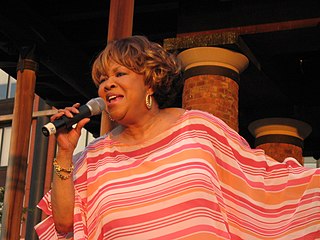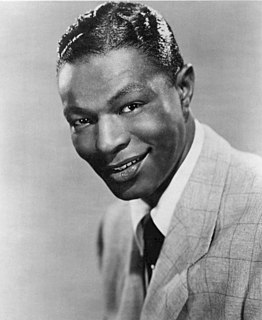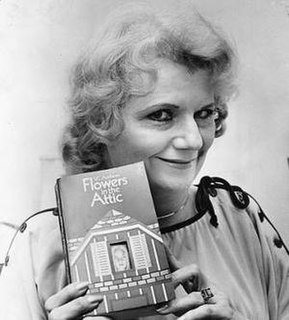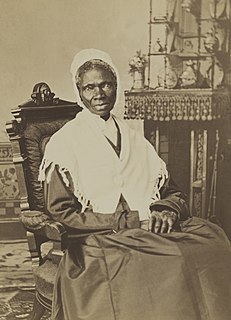A Quote by Walter Dean Myers
Like the Negro League players, I traveled through the segregated south as a young man. Because I was black, I was denied service at many restaurants and could only drink from water fountains marked 'Colored.' When I went to the movies, I would have to sit in the Colored balcony.
Related Quotes
The miscegenation laws of the South only operate against the legitimate union of the races; they leave the white man free to seduce all the colored girls he can, but it is death to the colored man who yields to the force and advances of a similar attraction in white women. White men lynch the offending Afro-American, not because he is a despoiler of virtue, but because he succumbs to the smiles of white women.
Michelle Alexander's brave and bold new book paints a haunting picture in which dreary felon garb, post-prison joblessness, and loss of voting rights now do the stigmatizing work once done by colored-only water fountains and legally segregated schools. With dazzling candor, Alexander argues that we all pay the cost of the new Jim Crow.
If you grew up white before the civil rights movement anywhere in the South, all grown-ups lied. They'd tell you stuff like, 'Don't drink out of the colored fountain, dear, it's dirty.' In the white part of town, the white fountain was always covered with chewing gum and the marks of grubby kids' paws, and the colored fountain was always clean.
There is a great stir about colored men getting their rights, but not a word about the colored women; and if colored men get their rights, and not colored women theirs, you see the colored
men will be masters over the women, and it will be just as bad as it was before. So I am for keeping the thing going while things are stirring; because if we wait till it is still, it will
take a great while to get it going again.
What I found fascinating was just how quickly the best of the young Negro League players were drafted into the major leagues once Branch Rickey broke the color line by hiring Jackie Robinson. It was clear that all of the major league owners already knew the talents of the black ballplayers that they had refused to let into their league.



































